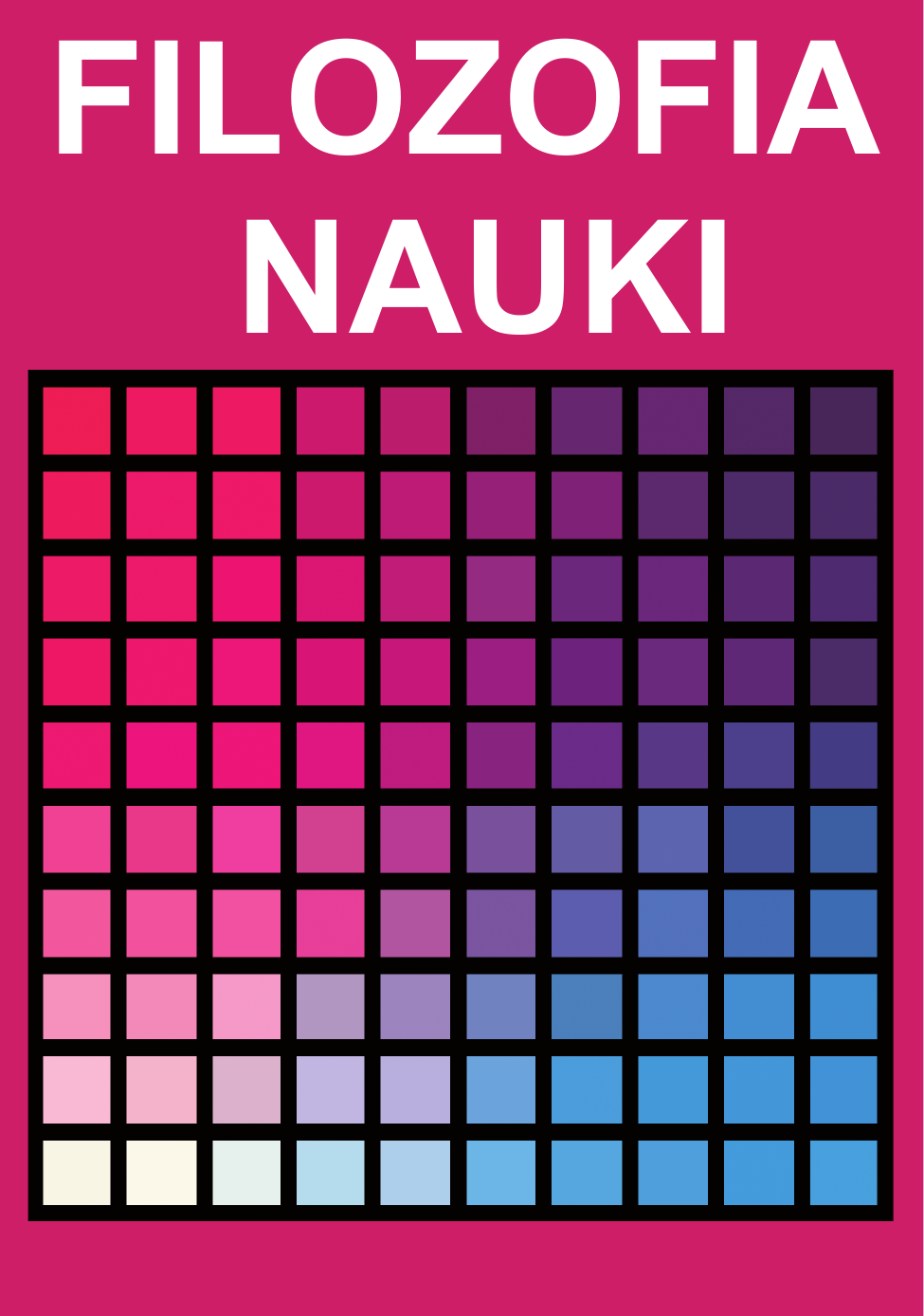W sprawie istnienia i statusu ontologicznego przyszłości
Słowa kluczowe:
Abstrakt
Two questions are the starting point for the discussion contained in this article: (a) Does the future exist? (b) What is the future? A preliminary analysis of these questions leads to the conclusion that their solution needs to introduce three different principal modes of existence characterized for objects belonging to the time sphere of being. They are: real (actual) existence (i.e. existence of „now”), postreal existence (the past) and potential (prereal) existence. In accordance with this differentiation the answer to point (a) is generally determined by the following theses: (1) The future exists in potentiality, (2) The future exists neither in reality nor in postreality. The notion of potential existence includes two categories of objects. The first one - objects which in fact will become real objects (present). They may be described as potential objects sensu stricto. The second category constists of the quasi-potential objects, that is the objects whose potentiality of becoming real (actual) ones will never come into existence. The differentiation of categories mentioned above makes possible to formulate three definitions of the future: (D1) The future is the domain of potential, or quasi-potential objects, (D2) The future is the domain of the potential objects, (D3) The future is the domain of quasi-potential objects. The definition (D3) is obviously inadequate, hence the solution of the problem, what is the future, may be reduced to the choice between definitions (D1) and (D2). The arguments of the paper convince us that the adequate definition of the future is the definition (D2). First - contrary to (D1) - it describes the future as ontologically homogeneous domain containing only objects which will become objects of the present and subsequently past objects. Second, when the future is defined by the competitive definition (D1) it is doubtful whether the language systems, referring to the time sphere of being, can fulfill the basic principles of the classical logig: the principle of contradiction and the principle of excluded middle.Pobrania
Opublikowane
1997-09-01
Jak cytować
Snihur, S. (1997). W sprawie istnienia i statusu ontologicznego przyszłości. Filozofia Nauki, 5(3), 101–112. Pobrano z https://www.fn.uw.edu.pl/index.php/fn/article/view/189
Numer
Dział
Artykuły















 Filozofia Nauki | ISSN 1230-6894 | e-ISSN 2657-5868
Filozofia Nauki | ISSN 1230-6894 | e-ISSN 2657-5868